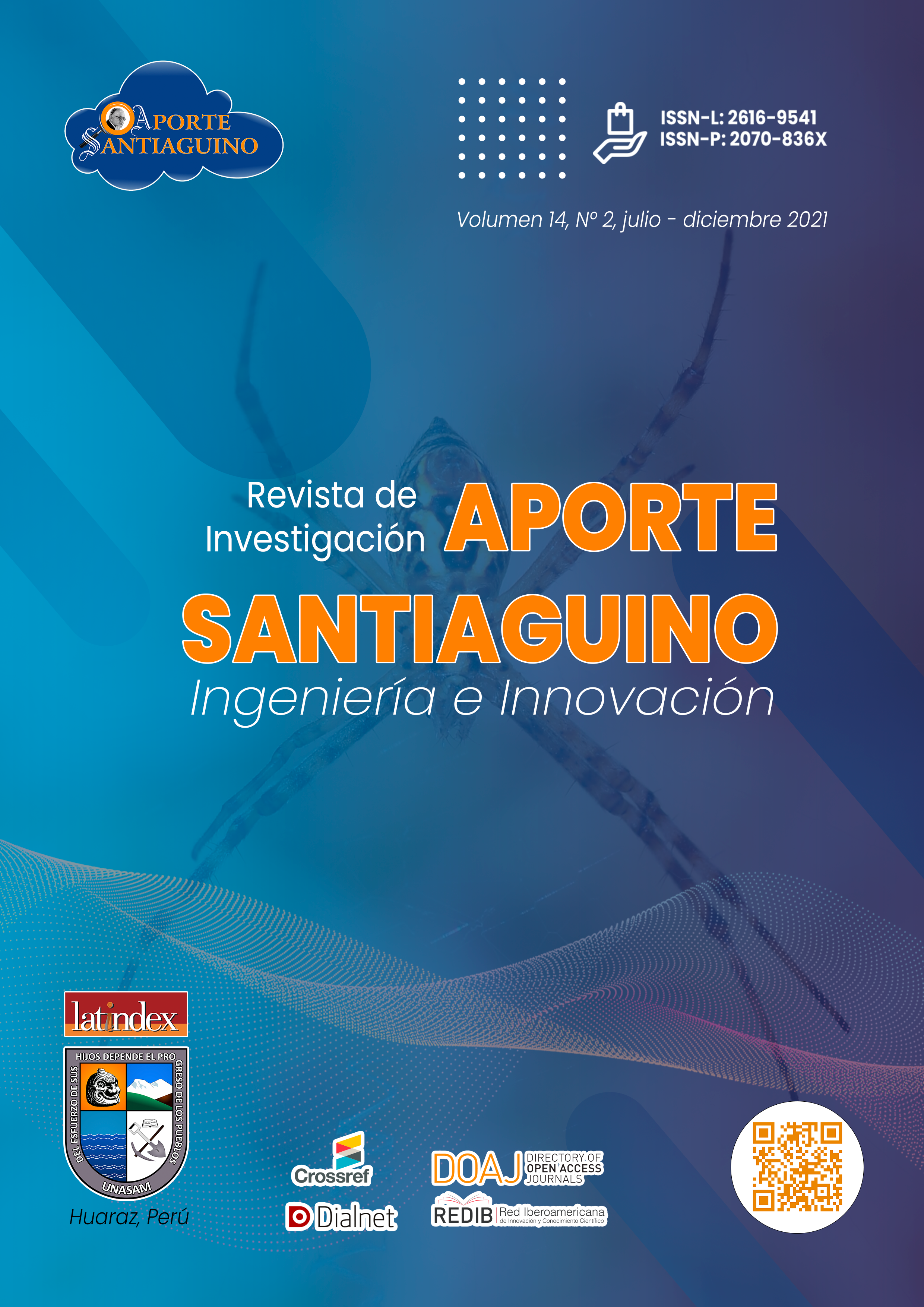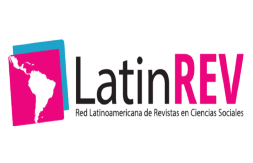A review of microbial diversity and its role in aerobic composting
DOI:
https://doi.org/10.32911/as.2021.v14.n2.822Keywords:
Microbial communities; fungi; bacteria; degradation; inoculation; endogenous microorganisms.Abstract
Since the first publications on the study of microorganisms in composting, the progress has been impressive, because microbiological and molecular biological methods have been used to identify the structure of microbial communities during the process. The interaction of physico-chemical parameters and the type of composting system determine variations in the diversity and abundance of microbial species. The metabolic activity of mainly bacteria and fungi allows the degradation of organic matter and contributes to the maturation of compost, the main product of aerobic composting. In this process, bacteria are the most abundant group, comprising the Phyla Proteobacteria, Firmicutes, Actinobacteria and Bacteroidetes, followed by fungi, mainly the phylum Ascomycota. The interest in the inoculation of compost with exogenous microorganisms is increasing, due to the benefits they provide thanks to their metabolic activity, mainly lignocellulolytic and in the improvement of compost quality, reducing composting time. A review of microbial diversity during composting and the role of endogenous and inoculated microorganisms is presented, with the aim of providing a perspective on the current situation and addressing new challenges related to the potential use of microorganisms in composting.




















